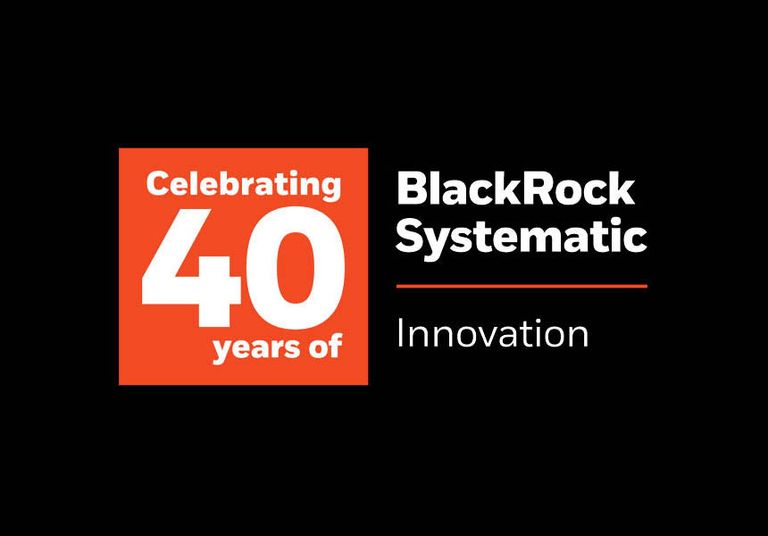Investment insights
Access expert investment insights and global market analysis from the BlackRock Investment Institute, senior specialists and portfolio managers across all major asset classes and regions.
Capital Market Assumptions
BlackRock’s Capital Market Assumptions (CMAs) provide forward-looking, data-driven insights into asset return and volatility expectations, supporting institutional investors in strategic asset allocation, risk assessment and portfolio construction.
Customize your updates
Shape your inbox. Shape your strategy. Set your email preferences to receive BlackRock’s latest portfolio insights, market research and global investment themes tailored to your interests and your organization’s investment objectives.
Investment strategies and solutions
BlackRock’s global investment platform encompasses broad and deeply integrated investment strategies across all major asset classes and investment styles
Insights
Explore investment insights and global market analysis from the BlackRock Investment Institute, senior experts and portfolio managers across all major asset classes and regions
How we partner with clients
At BlackRock, the institutions we serve are responsible for helping millions of individuals around the world secure their financial futures. We’re honored to work alongside our institutional clients as we pursue our mission to help more and more people experience financial wellbeing.

Our clients
BlackRock serves as a fiduciary partner to institutional investors worldwide, delivering customized portfolio solutions, innovative technology platforms and deep domain expertise across asset classes.
Peer studies and analytics
Gain actionable insights with our analysis of industry peers, focusing on allocation decisions, institutional investment strategies, risk management and enterprise insights.

Outsourced Chief Investment Officer (OCIO)
Through the breadth of our platform, BlackRock’s OCIO services can help alleviate day-to-day burdens and promote cost savings for our clients so they can better meet their objectives.
BlackRock's Mission
BlackRock’s purpose is to help more and more people experience financial well-being. As a fiduciary to investors and a leading provider of financial technology, we help millions of people build savings that serve them throughout their lives by making investing easier and more affordable.

We provide access
Helping more people access the world's markets by innovating to offer clients simpler solutions, lower fees, and strong performance across the whole portfolio.

We are a fiduciary
Making our business work best for our clients wherever they are in the world - we deliver global scale with local insights.

We provide choice
Starting with our clients' needs - we offer more options across public and private investments to help them meet their goals.




